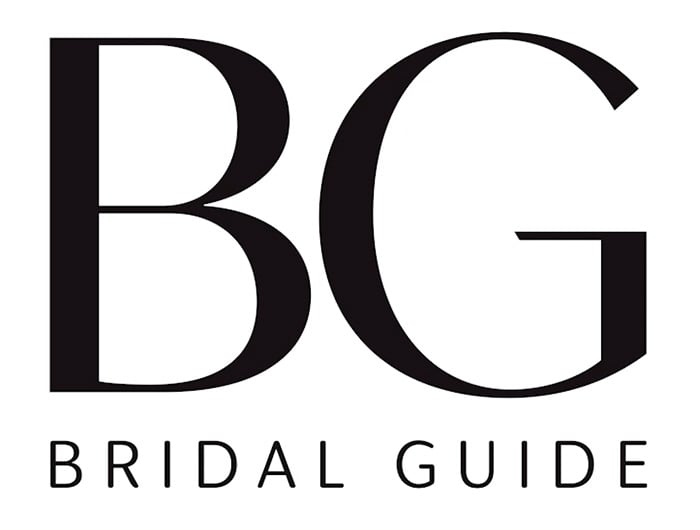Plastic? Cash? Traveler's checks? Find out the pros and cons of each, and learn how to pack your wallet for a trip abroad.
The Beatles may insist that all you need is love, but on your honeymoon, you're definitely going to need money, too. And if your travels take you outside the United States, you'll need that money in your destination's local currency. Here are the pros and cons of the most popular foreign-payment methods, and everything you need to know about each of them. Your best bet for smooth traveling? Choose more than one option, so you'll be ready for anything.
Credit Cards
 |
Pros: Plastic is definitely the most popular payment choice for travelers. Credit cards offer convenience (you never have to visit a currency exchange office, and you receive an itemized statement of all you've spent when the trip is over), and credit cards typically provide the best exchange rates, as well as theft and fraud protection.
Cons: Many credit-card companies have increased their fees for foreign transactions—from a once-standard one percent to four percent or higher—and these charges add up quickly if you're using the card to pay for several purchases each day. In addition, cash advances obtained with credit cards usually start accruing hefty interest rates right away, which may override anything you save on exchange rates. Finally, many shops overseas will charge higher prices as a way to pass along to consumers the cost of accepting the cards. This is especially true for items like souvenirs and local art.
Before You Go: Call your credit-card companies and ask about their foreign transaction policy and fees—you can save a lot of money by using the card with the best rates. If you intend to use your card to make withdrawals from ATMs while you're traveling, make sure your PIN is four digits long, because many foreign machines don't accept longer numbers. (Memorize the PIN as a number rather than a word, because foreign ATM keypads rarely have letters.) Finally, call to tell your credit-card company when and where you'll be traveling, so your account isn't frozen for "unusual activity" during your trip.
Debit Cards
Pros: These cards, which deduct money from your checking or savings account, are an increasingly popular option for travelers. They offer many of the same conveniences as a credit card—easy access to cash, a huge array of vendors who accept them, good exchange rates and a record of what you've spent—without the worry that you're running up high-interest debt.
Cons: Each bank whose ATM you'll use has its own rules and fees, so your options may vary from machine to machine. For instance, some ATMs have a cash withdrawal limit for each transaction, meaning that you may have to take out money several times (paying the usage fee each time) to get the total amount you need. Other ATMs have a daily limit on withdrawals, regardless of your account balance. Debit cards also may not provide the same protection against theft that credit cards offer. And, contrary to popular belief, you cannot always use a debit card in place of a credit card. Case in point: Rental-car companies will not accept debit cards.
Before You Go: First, make sure there are ATMs that will accept your card where you're headed (the Cirrus and PLUS systems are the most widely used). And be sure to put the money you need in your checking account—not in your savings or money-market account—because most foreign ATMs can only access funds held in checking. Ask your bank (or look online) to find out where you can locate machines. And, as you would with a credit card, make sure your debit card's PIN is four digits long, and that you have memorized it as numbers rather than letters. Finally, find out from your bank whether you'll be protected, as you would be with a credit card, if the debit card is lost or stolen.
Traveler's Checks
Pros: Traveler's checks, which can be purchased in most foreign currencies and can be replaced if they are lost or stolen, were once the only way for casual travelers to bring money abroad. One of their major advantages is that they work when credit or debit cards might not—if there is a power outage that shuts down the ATMs or if bank offices are closed for a holiday where you are traveling, for example.
Cons: Most travelers report that, because merchants increasingly prefer to receive payment via credit card, traveler's checks are not as widely accepted as they once were. Traveler's checks are still easily exchanged at large hotels, attractions and shops in major cities; however, smaller vendors or hotels and stores in more remote destinations may not be willing to take them.
Before You Go: It can take several days to process an order for traveler's checks in a foreign currency, so plan ahead to purchase them. And shop around before you buy: Though there are fees for buying traveler's checks, many banks will process them for their customers at no charge, and AAA will order checks for its members for free. When you receive your checks, make special note of the policy regarding how they will be replaced if they are lost or stolen—you may need to keep a copy of them, or of their serial numbers, in your suitcase or in your files back home.
Cash
Pros: Cash is fast and easy to use. You have two options: Simply take U.S. dollars with you when you head off on your honeymoon and exchange them for foreign currency when you arrive at your destination, or exchange your money for your destination's currency before you depart. Both methods have their benefits. Having dollars in your pocket can come in handy in an emergency—most places will accept U.S. currency if you're in a pinch, even those that don't take credit cards or traveler's checks. You also won't have to change any leftover funds when you return home from your trip. So it makes sense, whatever you do, to keep at least some of your money in dollars. On the other hand, a wallet full of local currency gives you the freedom and flexibility to get whatever you want or need from the moment your flight lands in your destination, without any money-exchange hassles.
Cons: If your cash is lost or stolen, you're out of luck. What's more, it can be confusing and time-consuming to seek out the best place to exchange your money. Also, using dollars when you shop abroad may mark you as a novice traveler and set you up to pay more for your purchases.
Before You Go: Try to make time to change money before you leave the U.S. That way, you won't have to spend your first hours at your destination seeking a bank or foreign exchange office, or pay the high fees for exchanges at an airport money-changing office in your destination. But first, shop around at your local banks to find the best exchange rates and fee structure.
Read More


